
Creating a World Without Poverty
Social Business and the Future of Capitalism
Published by Public Affairs, a member of Perseus Books LLC
ISBN: 9781586484934
Pages: 296
Recommendation
In this excellent, provocative book, Nobel Peace Prize winner Muhammad Yunus sets forth his vision for a new kind of enterprise, social business, managed according to businesslike principles but with the uncapitalistic objective of social benefit. This is no untried, pie-in-the-sky proposal. Yunus pioneered this business model when he founded the world-famous microcredit financial institution, Grameen Bank. More recently, working with France’s Groupe Danone, he set up a business to produce and market fortified yogurt in Bangladesh. This book tells the story of the author’s involvement in social businesses and offers stimulating suggestions for their future evolution. getAbstract recommends it to forward-thinking business leaders and entrepreneurs who want their projects to benefit not just themselves but their societies at large.
Summary
About the Author
Muhammad Yunus founded Grameen Bank, the pioneering microcredit financial institution that helped lift many poor villagers out of poverty. He received the Nobel Peace Prize in 2006.









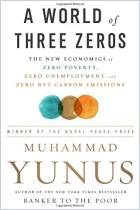
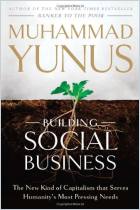
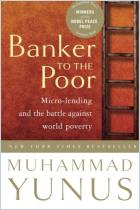
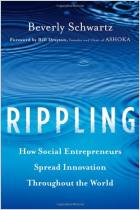
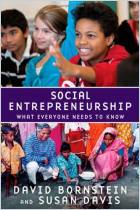
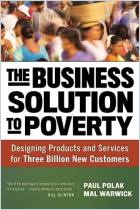
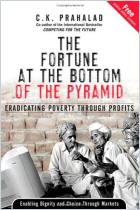
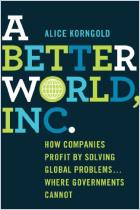
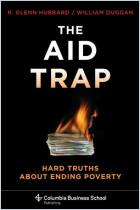

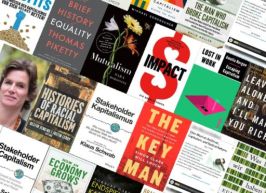










Comment on this summary or Начать обсуждение
Happy new year 2011 to all reviewers/competitors at to the getAbstract team.
Godswill was chosen for his thorough understanding of the book and his insights about moving social responsibility forward. He will receive a coy of “Creating a World Without Poverty” by Muhammad Yunus.
Happy Holidays,
Your getAbstract Team
While it provokes the thought on the much-needed evolution of the social business in scale and scope, it also prompts several questions. What's needed to create the likes of several such entities in other countries that need them the most? Is there a tipping point at which the social business takes on the road of its capitalist cousin to increase social benefits? How do you continue to motivate the employees who have a cause to work for but are also constrained by the needs and norms of an all pervasive society around them? All in all, when we all want to alleviate poverty, why can we not play a part in it?
I suppose it does take the likes of someone like Muhammad Yunus to have a singular goal to eliminate poverty and work whole-heartedly towards it. It takes a lot more to create several like him. Hopefully, understanding his work is a good first step.